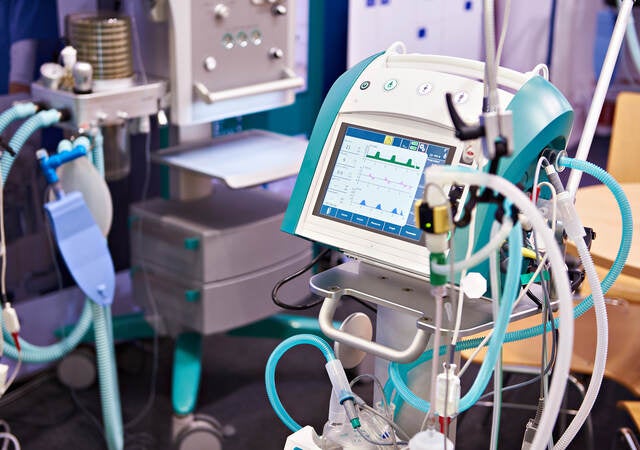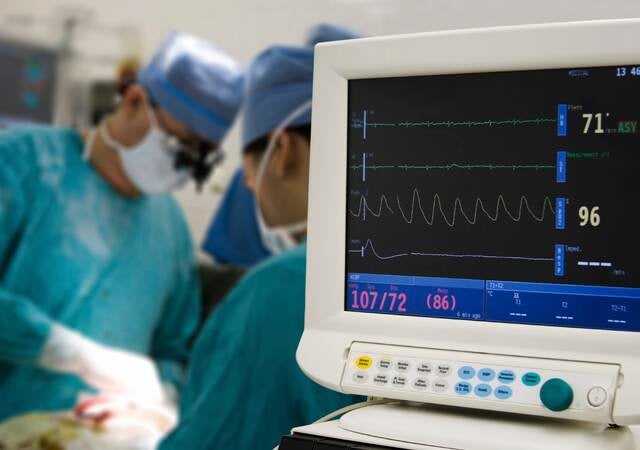The U.S. Food and Drug Administration (FDA) plays a critical role in confirming medical devices' safety and effectiveness before they reach the market. One key aspect of regulatory clearance and approval is determining whether clinical data is required to support a device submission.
Clinical data provides evidence that a medical device performs as intended and is safe for its intended use. While some devices can be cleared with only non-clinical data, others require clinical trials to demonstrate safety and effectiveness. Understanding these requirements is essential for manufacturers seeking FDA market authorization.
When is clinical data required?
The need for clinical data varies based on the type of FDA submission:
510(k) submissions
Most 510(k) submissions (85% to 95%) do not require clinical data, but for the remaining 5% to 15%, clinical evidence is necessary to demonstrate substantial equivalence when non-clinical testing is insufficient.
De Novo submissions
The vast majority of De Novo applications require clinical data to support the novel device’s safety and effectiveness.
Premarket approval (PMA) applications
All PMA submissions require clinical data, as they involve high-risk devices where non-clinical data alone is not sufficient.
Humanitarian device exemption (HDE) applications
These also require clinical data to demonstrate safety and probable benefit for rare disease treatments.
Understanding these distinctions helps manufacturers plan for potential clinical trials early in their development process.
U.S. FDA Investigational Device Exemptions








